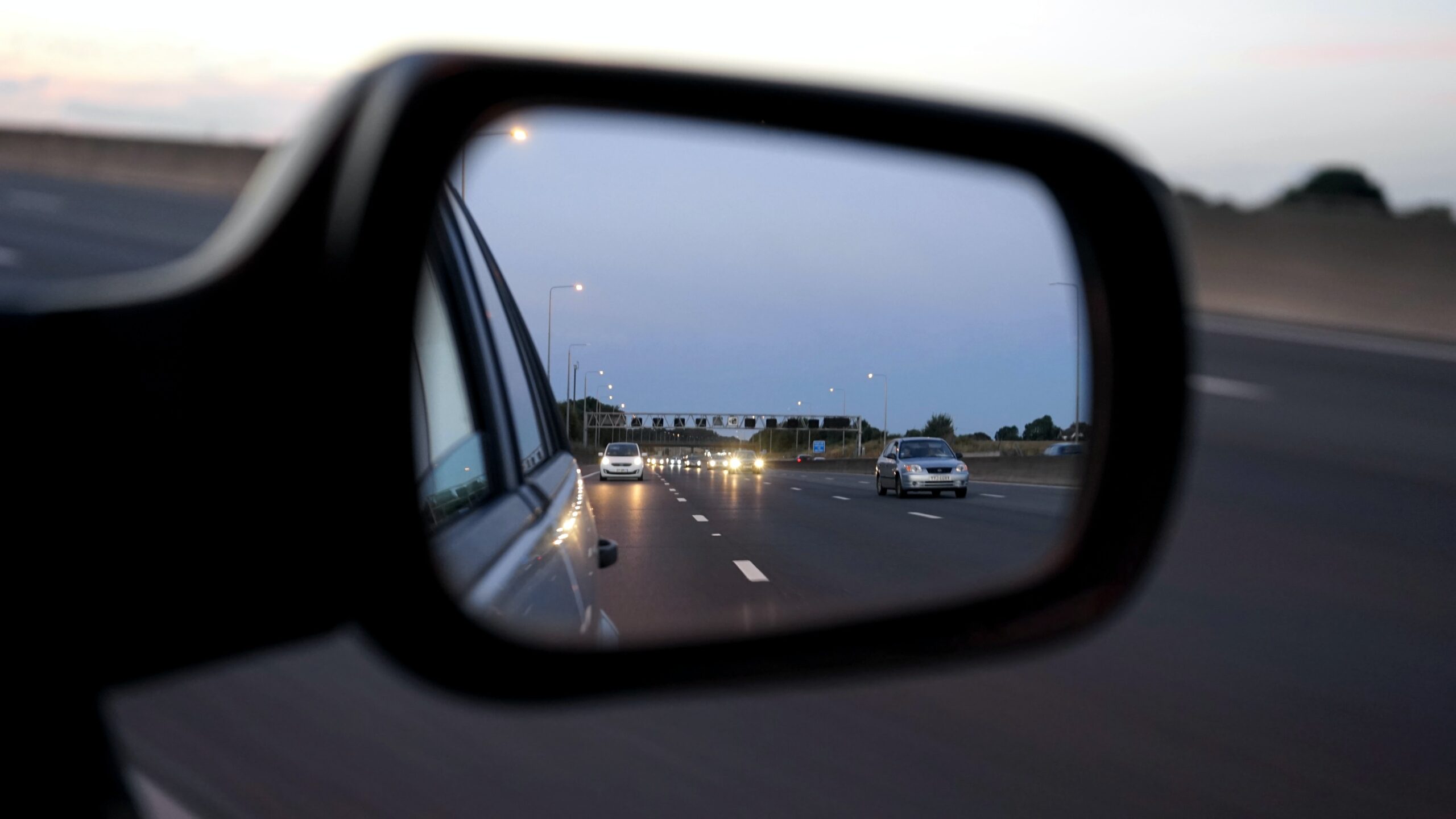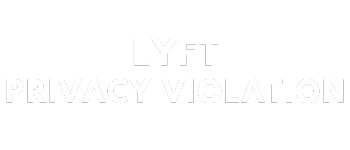Lyft requires its drivers and some riders to upload their driver’s licenses and a selfie. According to Lyft’s terms and conditions, this is a safety feature, whereby Lyft can use the selfie and driver’s license photo to confirm the passenger or driver’s identity (if, for example, a Lyft rider initiates a safety concern during or after a ride).
This identification via facial recognition is possible because Lyft obtains each driver or passenger’s facial geometry from the uploaded selfie and driver’s license photo. Your facial geometry is an immutable, unchangeable characteristic- no different than a fingerprint. Your facial geometry does not change with time, and thus can be used to identify you long after the facial geometry was obtained- indeed, for the rest of your life. Accordingly, facial geometry (and other biometric information) is among the most private and sensitive information you possess. If someone steals your credit card or obtains your social security number, those things can be changed. Your facial geometry cannot.
To protect this uniquely sensitive information, Illinois has enacted the Biometric Information Privacy Act (BIPA). Under BIPA, a private company is prohibited from (among other things) obtaining an individual’s biometric information- including facial geometry – unless it disclosed that fact to the individual and obtained their express written consent.
Lyft neither discloses to its drivers or passengers that it obtains their facial geometry when they upload a selfie and their driver’s license, nor does it obtain their consent to do so. Accordingly, Lyft violates BIPA.
BIPA allows for statutory damages of $1,000 for each negligent violation and $5,000 for each willful or reckless violation. Lyft’s Terms and conditions require such claims to be brought in an arbitration, which is a legal proceeding that is similar to a court trial, although it is generally more expedient and informal. For example, an arbitration hearing will be similar to a trial in that there will be witnesses, cross-examination, exhibits admitted and the like, but the hearing will take place either via video conference or in a conference room rather than a courtroom, and will be conducted by a private attorney rather than a judge.
If you have ridden or driven for Lyft in the past 5 years and uploaded your driver’s license or a selfie to Lyft, you are eligible to initiate an arbitration against Lyft for its unlawful collection of your biometric information.
We are willing to represent you in your arbitration. We will fill out the necessary paperwork to get the arbitration underway, and will handle the case on a contingency basis, meaning that we only get paid for our work if the arbitration is successful and you recover damages.
If you would like us to represent you in pursuing an arbitration against Lyft, please fill out the following form, read and agree to our engagement letter, and click submit.







